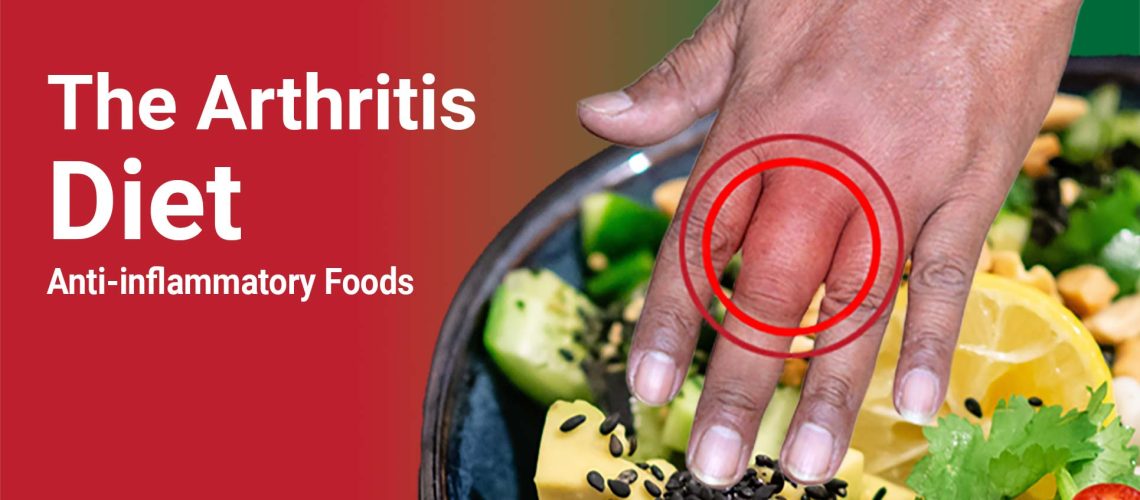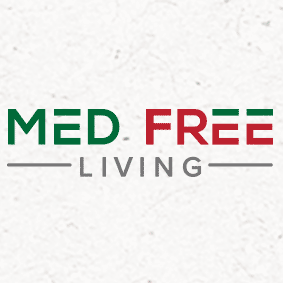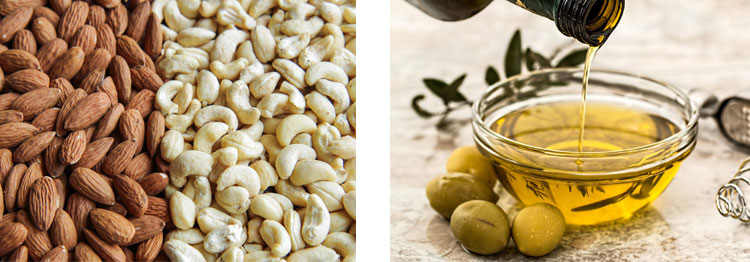

Med Free Living is your highly trusted health and wellness company that sets the standard for both high-quality products and information.
Arthritis has become a 21st century epidemic, affecting 1 out of every 4 people. Even more shocking is that 30% of adults age 45-64 have doctor diagnosed arthritis.
With that comes the question that many people with RA want an answer to.
What type of diet should I be eating in order to reduce my inflammation?
As rheumatoid arthritis has a large component of inflammation, following an anti-inflammatory diet is going to be a great option that may bring relief.
People generally underestimate how powerful a good diet can be for them.
Following this regime for 1-3 months can help reduce inflammation throughout your body.

For starters, a diet rich in whole foods, including fruits, vegetables, fish, nuts, and beans, but low processed foods and saturated fat, is not only great for your overall health, but can also help manage your arthritis.
When you eat these foods you can receive the following benefits:
Eat a Balanced Diet: The Best Foods That Help Fight Inflammation
Fish
Some types of fish are good sources of inflammation-fighting omega-3 fatty acids. One study found that taking fish oil supplements helps reduce joint swelling and pain, duration of morning stiffness and disease activity among people who have rheumatoid arthritis (RA).
Nuts & Seeds
Multiple studies confirm the role of nuts in an anti-inflammatory diet. One study found that over a 15-year period, men and women who consumed the most nuts had a 51% lower risk of dying from an inflammatory disease (like RA) compared with those who ate the fewest nuts.
Fruits & Vegetables
Fruits and vegetables are loaded with antioxidants. These potent chemicals act as the body’s natural defense system, helping to neutralize unstable molecules called free radicals that can damage cells.


Med Free Living is your highly trusted resource for quality products and information.
© 2021 Med Free Living All Rights Reserved, TERMS & POLICY, PRIVACY POLICY, RETURN POLICY
*These statements have not been evaluated by the Food and Drug Administration. These products are not intended to diagnose, treat, cure, or prevent any disease.